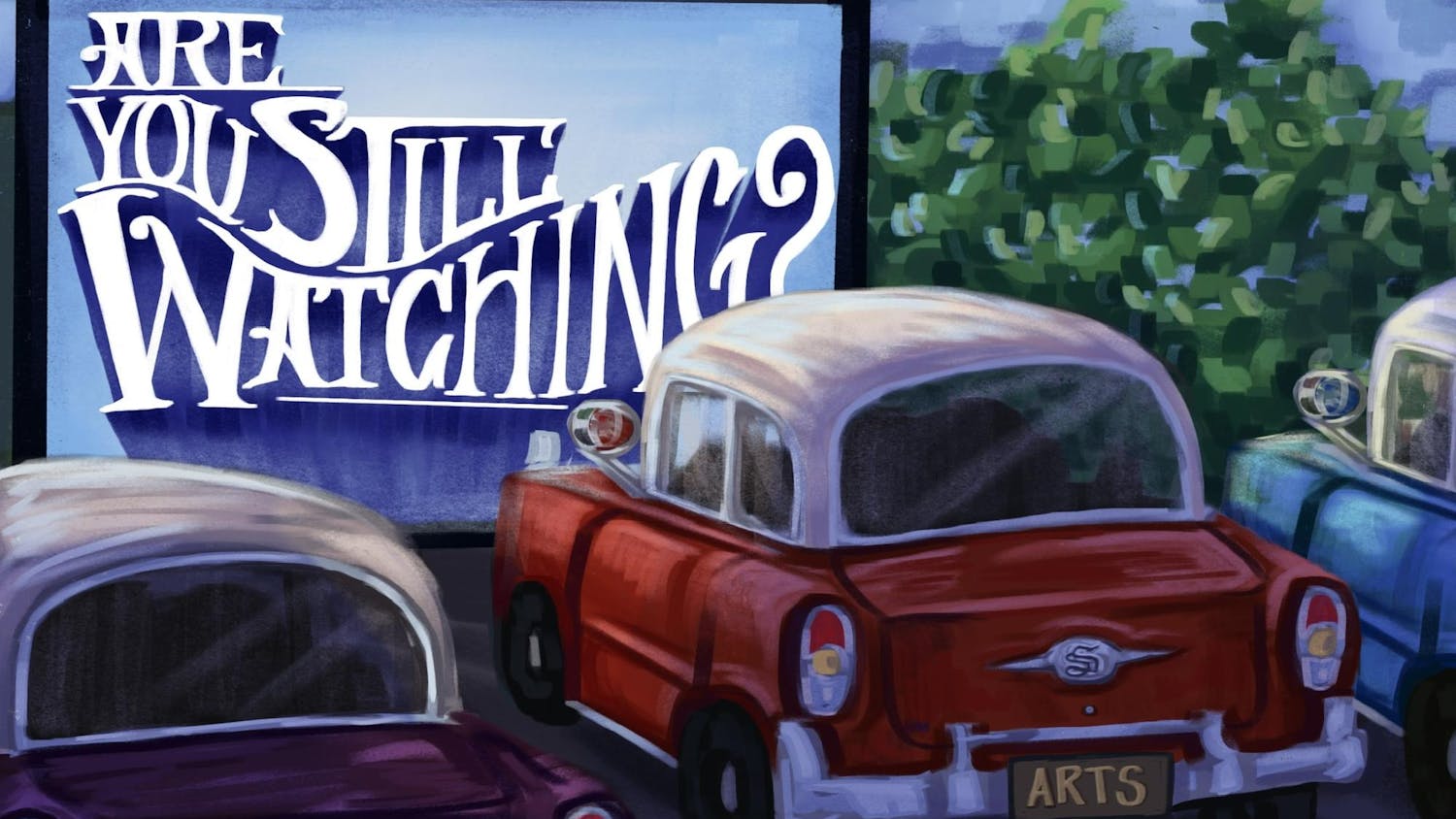Everybody knows a cappella groups — you may have seen their posters around campus, been to their concerts to support a friend or even just heard them rehearsing in Goldwin Smith Hall while trying to study for a test (we’re sorry!). In the past week, amid snow squalls, groups around campus flocked to the Robert Purcell Community Center to hold auditions for the semester.
Evidenced by the tables packed with Q-cards and streamers, the a cappella presence at Cornell stands strong. But how did this come to be? Let’s dive into the history of Cornell a cappella to better appreciate the blazers and ties, do re mis and jazz hands that have come to frequent Statler Auditorium.
The first group to dare to take the stage was Cayuga’s Waiters, an all-male a capella group established in 1949. Their original song, “We Didn’t Go To Harvard,” parodying Billy Joel’s “We Didn’t Start The Fire,” came to inspire other Cornell a cappella groups to perform their own renditions. In doing so, the Waiters expressed what I believe to be the heart of a cappella — coupling the composition and coherence of choir with the show and humor of theatre.
But while the baritone sensation bit the bullet after unfortunate hazing infractions in 2017, other male ensembles, like The Hangovers, celebrated their 50th anniversaries. Founded in 1968, The Hangovers continued the spirit of performance in the humor of their name itself. Bearing a double entendre, not only does it speak to its more obvious muse, it references the five-year architecture and engineering programs of the 1960s, in which students would “hang over,” or spend an extra year past their senior year to graduate.
Giving the all-female groups their due credit, they have equally defined a cappella at Cornell. Just eight years younger than the Hangovers, Nothing But Treble stepped on the scene in 1976 and as their website denotes, along with subsequent treble groups, they began to change and shape a community that was initially composed of strictly male ensembles. Featured on Jenna Fischer and Angela Kinsey’s “Office Ladies” podcast in 2020, the group speaks to the broader, continual relevance of a cappella in pop culture, bearing the same alma mater as The Office’s temperamental tenor, Andy Bernard.
An equal presence in Cornell’s a cappella are the co-ed ensembles, featuring the likes of The Class Notes, The Key Elements (the group I am a part of), The Chordials and Absolute A Cappella, established throughout the eighties, nineties and early 2000s. Often collaborating in outdoor performances known as arch sings, these groups offer something for all interested singers, exploring genres ranging from rock to R&B.
At present, the realm of a cappella goes far beyond musical performance and promotes diversity across cultures. For instance, groups like Tarana, our campus's premier competitive South Asian a cappella group; The Chai Notes, Cornell’s Jewish a cappella group; REAL A Cappella, Cornell’s Chinese and Chinese-American a cappella group and Baraka Kwa Wimbo, the University’s all-female gospel group, continue to broaden all that this lively community has to offer and provide a means of cultural expression. It can be said that through its extensive history, a cappella has well earned its place as part of the quintessential college experience (just peep number 94 of the Cornell bucket list!). At Cornell, we can appreciate the transformation of this singing community from one subset of the Glee Club to 15 ensembles strong, releasing albums regularly and successfully expanding their music to platforms like TikTok.
Pitch Perfect, born of the book written by Cayuga’s Waiters alum, Mickey Rapkin, is paid homage every spring semester. In a sweet annual send off known as A Cappella United, each ever-evolving ensemble performs one song. From our oldest active group at 57 years old, to our youngest at two years old, collaborating on one stage (and engaging in some friendly competition for superlatives) speaks to the diverse yet interconnected community Cornell a cappella has become, further unified by our love of singing and a really good step-touch.
Alessandra Giragos is a sophomore in the College of Arts and Sciences. She can be reached at asg287@cornell.edu.











